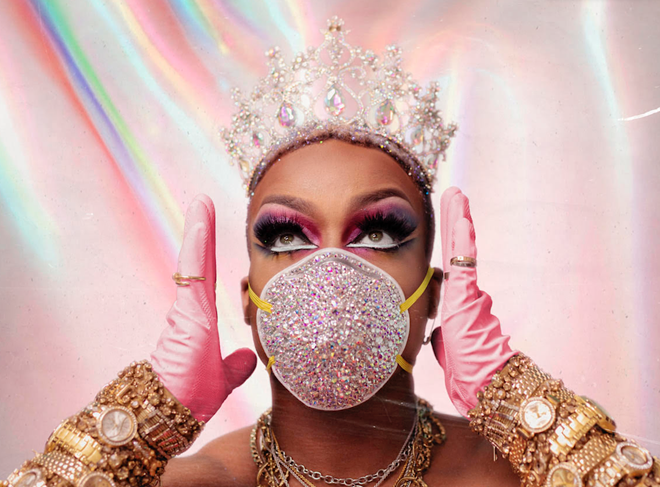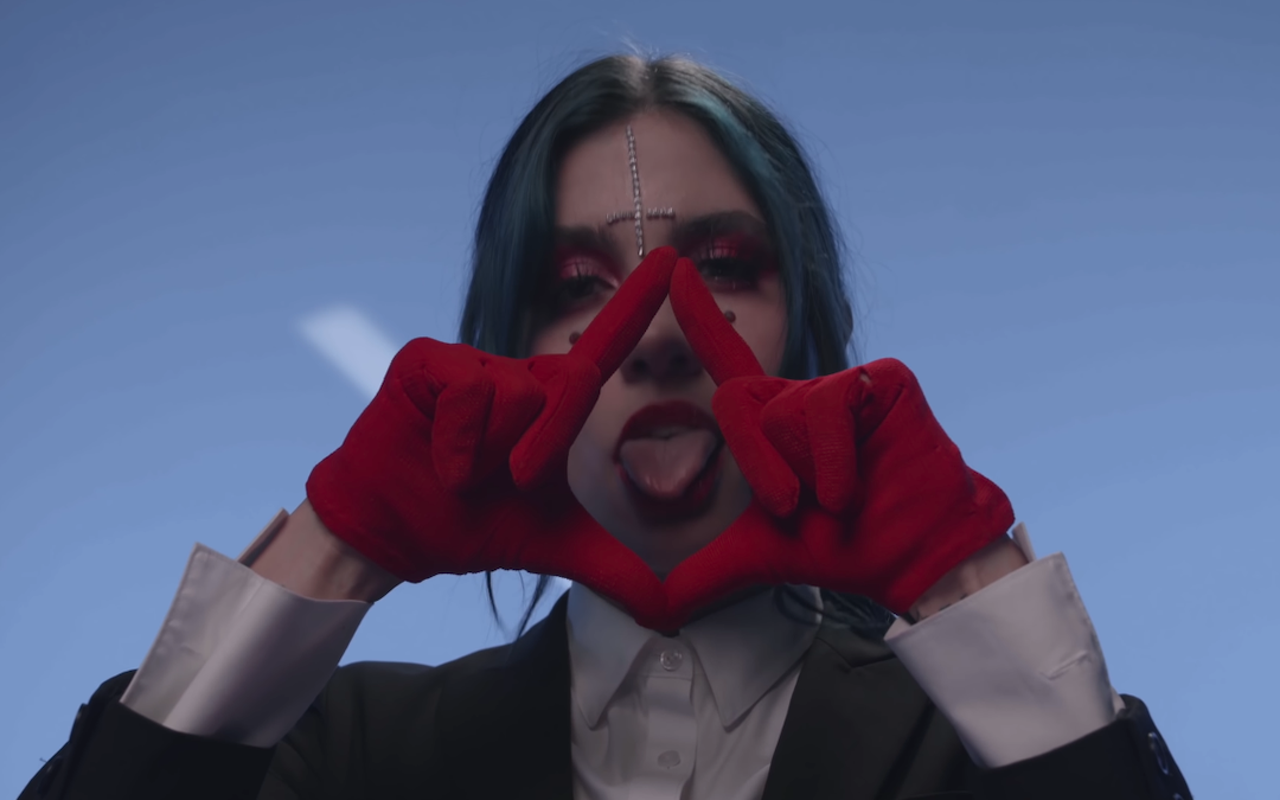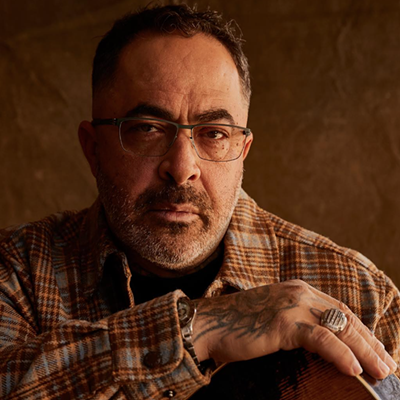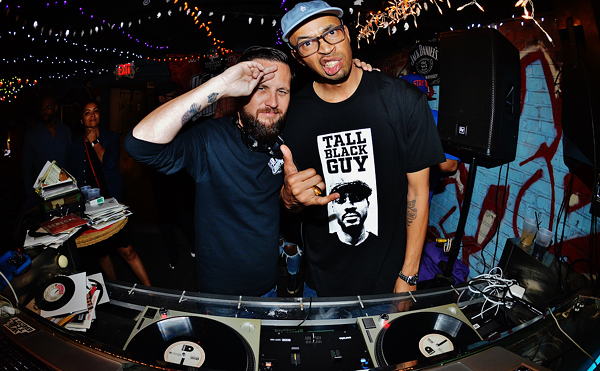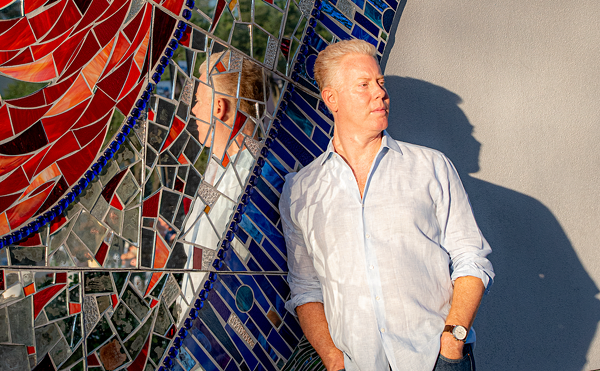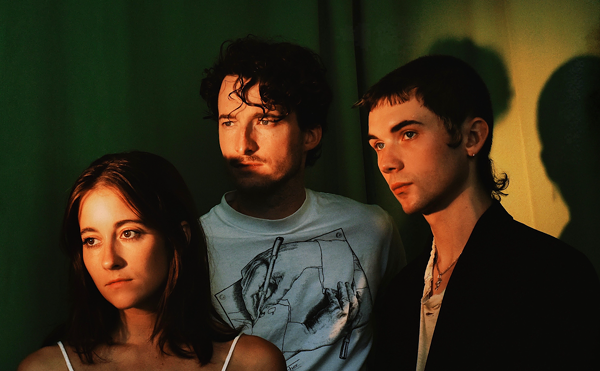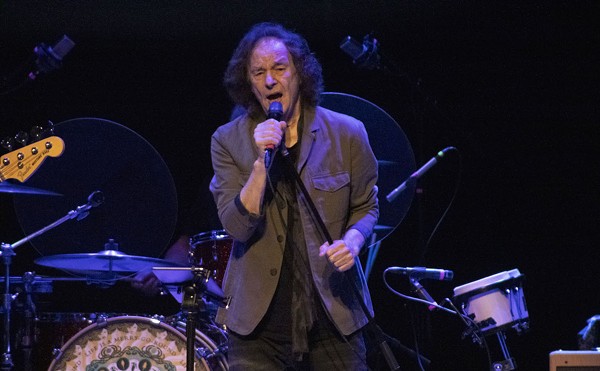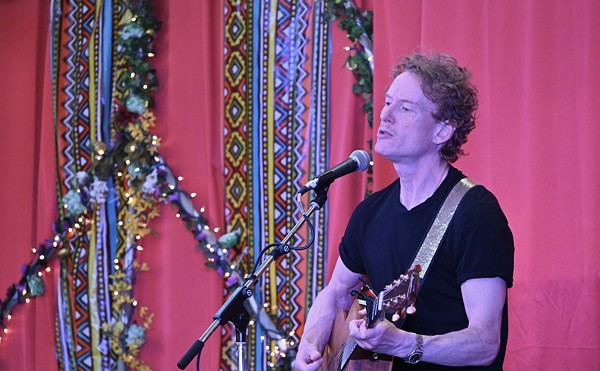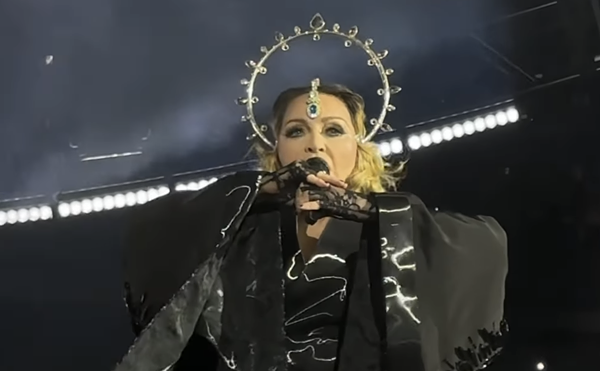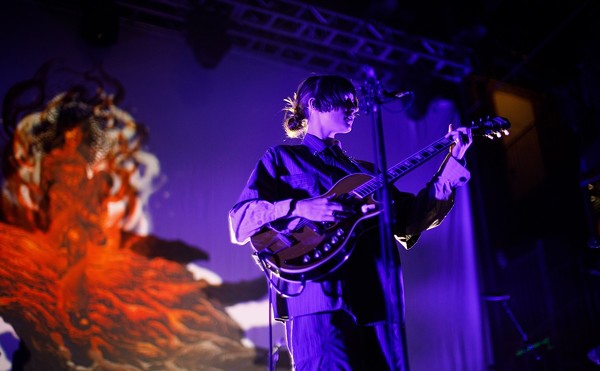But there was something else he needed to do, too.
On a Monday in April he decided to record a lock- down-themed EP, by Tuesday night he was recording the first songs, by Friday the whole thing was finished, and four days later the Quarantine Queen EP was streaming world- wide. “People tell me they see it as work ethic,” he says, “but I see it as passion. I wake up, and the only thing I want to do is create.”
None of which might have seemed likely a few decades ago in the tiny Texas town of Plainview; a beautiful little place, Todrick remembers, if not a locale well known for its over-abundance of liberal views.
“Back then there was no YouTube, no social media, no nothing,” he remembers. “I be- came creative out of pure boredom.”
“I can still remember the feeling of my heart beating,” he says of his first big performance. “It was the biggest adrenaline rush. I could not believe I’d done it. It was a feeling I’d never felt before. I felt like I’d ridden the biggest rollercoaster in the world and in that moment I knew: I want to feel like this forever, no matter what.”
Despite all that ambition, young Todrick would never have predicted the moment a couple of decades later when in the summer of 2019 he took to the stage at the VMAs with his friend (!) Taylor Swift, to accept the Video For Good award in recognition of his role in bringing the "You Need To Calm Down" video to life.
“People I idolise were sitting feet away from me — it was the most insane thing ever,” he remembers. “Taylor putting that song on the radio is a huge part of the reason little gay kids who didn’t have anyone to look up to, and whose families tell them every day that they’re strange, can have three minutes where they feel like they’re OK, and they’re not crazy or weird, and they can be alive. Being a small part of that is so magical that I can’t even express it.”
The MTV Moonperson from that night is currently in Todrick’s front room, visible but just slightly out of reach of visitors.
“People love to touch it but honestly, between you and I, it’s not the most well constructed award I’ve ever received,” he confides. “It could easily be broken, but what it represents is really important to me.”
In fairness that wobbly Moonperson isn’t the first time Todrick’s had to confront the fragility of success. Upon leaving "American Idol" in 2009 (after reaching the semi-finals, having initially auditioned with a song he’d written himself), he put his Broadway career on pause and moved to L.A., reasoning that it was there that he could raise his profile high enough to return to Broadway and land bigger roles. It was, he says, like playing chess: having to think at least three steps ahead, not to mention protecting the queen at all costs.
“You have to find ways to be strategic about how you’re going to get to your end goal,” he says, “and my end goal is EGOT. Moving to LA was the only way I knew how to be able to come back to Broadway as a star.”
In the short term things weren’t looking good.
“I was super, super broke,” he remembers, adding that his saving grace was a song he’d recorded called It Gets Better which each month sold well enough to pay his rent. (Needless to say, this was before streaming took hold.) “I was performing in regional theatre, dancing at people’s birthdays and weddings, any- thing I could do in entertainment. Any money I could make on the side, I’d use to throw a video together.”
Some of Todrick’s weekly YouTube videos gained traction although, in fairness, others didn’t.
“I learned very quickly that when you have a viral moment those moments are very, very short-lived,” he recalls. “I’d allow myself to be excited for six hours and then I’d think: right, what are we doing next?”
But there was always something next. There was his own MTV show, "Todrick." It ran for precisely one season, but then there’d be albums like Straight Outta Oz, Forbidden or Haus Parties 1 and 2, or a tour, or a scene-stealing "Drag Race" appearance. Eventually successes began to outweigh failures and in turn failures didn’t really seem like failures at all. They were just parts of the journey.
“Sometimes when people fall or hit a roadblock they strut with a little bit less confidence, and with their chest not quite as far out, and with their head held not quite so high,” Todrick says. “But right now I’m celebrating falling on my face and making huge mistakes — and I’m celebrating realising it’s okay to get right back up again.”
It’s no coincidence that Todrick has become one of the planet’s most inspiring LBGTQ+ role models — and he’s seen first hand how powerful such a popcultural presence can be for those growing up like he once did, surrounded by people who didn’t understand him.
“Sometimes a fan will meet me after a show and they’ll whisper: ‘I’m here, but my family doesn’t know I’m gay,’” he begins. “The next year I’ll meet them and they’re out of the closet. A year on they’ll have their first boyfriend, then they’re engaged, then they’re married, then they’re adopting kids. I’ve been doing this for ten years and I’ve seen it happen again, and again, and again. I’ve watched people grow. I feel so privileged to see their entire auras change.”
“It took me such a long time to say, as a kid from Texas: ‘I’m a proud gay man, I’m African-American: this is me’,” he adds. “It’s not always accepted in the Bible belt where I’m from but now I’m so proud of all that, and I try to infuse those messages of self love and positivity and fierceness and feeling fabulous and being proud of who you are in every single thing I do. I don’t want to go around giving Miss America acceptance speeches but I really try to talk to people about real life. I want to give people the real tea.”
Fame in the modern era is notoriously hard to define but whichever way you frame it, fame right now looks and sounds a lot like Todrick Hall.
“The only time in my life I feel completely understood is when I’m performing,” he reasons. “When I’m making people smile and laugh it’s my food, my energy, my fuel, my drug, my everything.”
And the next few years?
You probably know Todrick well enough to realise you should never rule anything out, but he says his current goals involve a kids TV show, a Netflix extravaganza, and his own Broadway production. He’ll make it up as he goes along, of course, and the results — spontaneous, joyous, real — will be all the better for it.
“When you’re younger you think you’re going to have it all figured out at some point,” he smiles. “These days I’m realising, you don’t need to have anything figured out. If you did, there’s be no point in living.”

